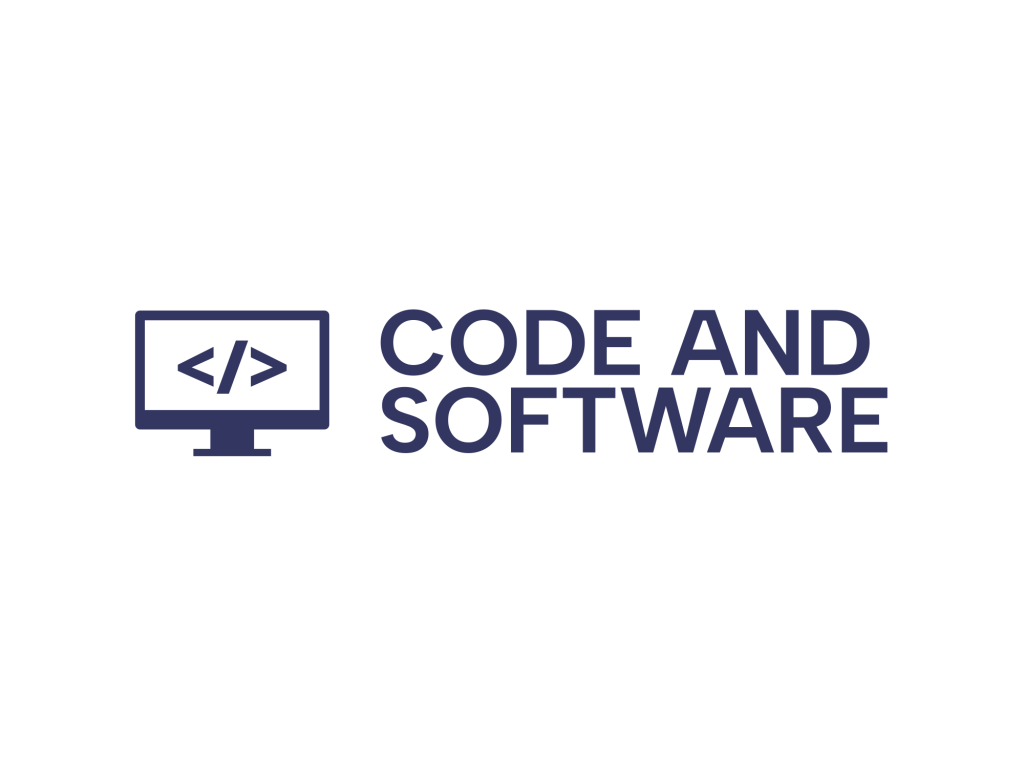In recent years, artificial intelligence has evolved from an experimental concept into a powerful driver of innovation in software development. For web developers and businesses aiming to build intelligent applications, choosing the right web development framework is crucial. With AI integration becoming a core requirement for many modern web solutions, it’s important to identify frameworks that offer flexibility, scalability, and rich ecosystem support for AI technologies.
This article explores some of the best web development frameworks specifically suited for AI integration. We evaluate them based on adaptability, performance, community support, and how well they can accommodate AI tools such as machine learning libraries, natural language processing engines, and real-time data processing pipelines.
1. Django (Python)
Django is a full-stack web framework written in Python, one of the most widely used programming languages for artificial intelligence and machine learning. Its tight integration with Python-based AI libraries like TensorFlow, PyTorch, and Scikit-learn makes Django a top choice for AI-enabled web applications.
- Scalable and secure by design
- Large ecosystem for data handling and visualization
- Support for REST APIs with Django REST Framework
Using Django allows developers to quickly prototype machine learning models and integrate them directly into web interfaces. Whether you’re building an intelligent chatbot or a recommendation engine, Django provides the architectural support necessary for rapid development.

2. Node.js with Express
Node.js, frequently used with the Express framework, is highly efficient for real-time web applications and scalable APIs. JavaScript’s universality allows developers to create front-end and back-end systems using the same language, making it easier to integrate AI components written in JavaScript or using APIs powered by Python or Go.
- Event-driven, non-blocking I/O ideal for real-time AI applications
- Growing number of AI packages in npm
- Excellent for microservice architectures involving AI inference services
Frameworks like TensorFlow.js and Brain.js enable developers to perform machine learning tasks directly in the browser or on the server via Node.js. This flexibility makes Express and Node.js ideal for lightweight AI features such as client-side personalization and sentiment analysis.
3. Flask (Python)
Flask is another Python-based framework, but it’s considered more minimalistic and lightweight compared to Django. It is particularly suitable for applications where tight control over components is required, which is often the case in AI projects that rely on custom model workflows and APIs.
- Micro-framework with full control over application components
- Easy API creation for AI model deployment via Flask-RESTful
- Compatible with TensorFlow, Keras, PyTorch, and more
Flask is highly favored in the data science and machine learning communities due to its simplicity and adaptability. Developers can quickly package ML models as RESTful APIs and deploy them within a responsive web interface, making it an excellent framework for AI prototypes and production applications alike.

4. React with Backend AI Services
Although React is a front-end JavaScript library rather than a complete web development framework, it plays a crucial role in AI integration by offering real-time dynamic interfaces for AI-driven decisions. When paired with backend AI services exposed via APIs (e.g., Flask, Django, or Node.js), React becomes a powerful tool for delivering intelligent and personalized user experiences.
- Component-based UI makes integration of AI outputs seamless
- Great for interactive dashboards, voice interfaces, and real-time feedback
- Ideal for single-page applications powered by AI logic in the backend
React’s robust ecosystem allows embedding data visualization libraries like D3.js and Chart.js, which are helpful when creating AI-enhanced reports or dashboards. Integration with AI via GraphQL or REST further extends its utility in modern web solutions that rely on intelligent features.
5. Ruby on Rails (RoR)
Ruby on Rails continues to be a popular full-stack web framework, especially for startups and rapid development projects. While it’s not primarily associated with AI, RoR can still support AI integration through third-party APIs and Python-based microservices.
- Convention over configuration simplifies web development
- Possible to create API endpoints to connect with AI inference engines
- Growing support for ML and AI tools through gem libraries
Using a hybrid approach, developers may build an RoR application frontend and handle AI-intensive tasks separately through Flask or Django APIs. While not optimal for heavy AI processing, it remains reliable for embedding intelligent behavior in a user-friendly environment.
Final Thoughts
The integration of artificial intelligence into web applications is no longer optional—it’s a necessity for businesses aiming to stay ahead of technological trends. Choosing the right web development framework can significantly impact the speed, efficiency, and scalability of AI projects. Whether you prefer Python’s mature AI ecosystem, JavaScript’s end-to-end capabilities, or the rapid development of Ruby on Rails, each framework offers strategic advantages.
To ensure long-term success, developers should weigh factors such as team expertise, project complexity, and the required AI components before settling on a framework. As AI continues to transform the web experience, staying informed about modern frameworks and their AI capabilities will remain essential for digital innovation.

